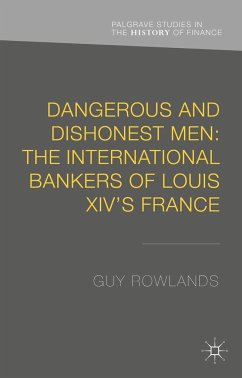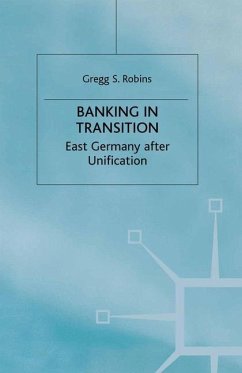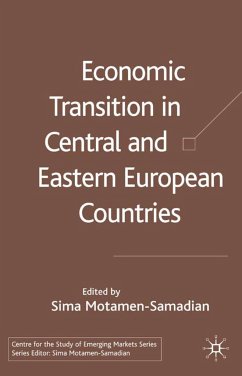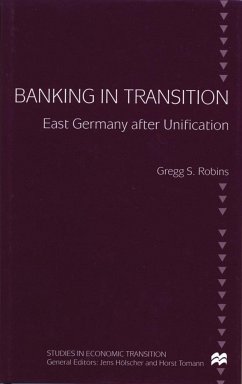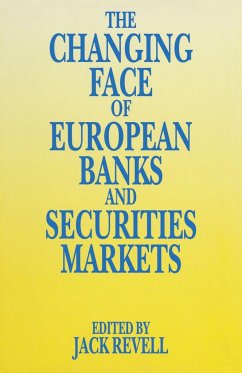
Money and Trade Wars in Interwar Europe
Versandkostenfrei!
Versandfertig in 6-10 Tagen
38,99 €
inkl. MwSt.
Weitere Ausgaben:

PAYBACK Punkte
19 °P sammeln!
This books explains, on the basis of archival evidence and a simple economic model, why and how the gold standard collapsed in the interwar period. It also reveals how bilateralism and dirigisme in international financial relations emerged from the collapse of the universal gold standard, and how this poisoned international relations.










